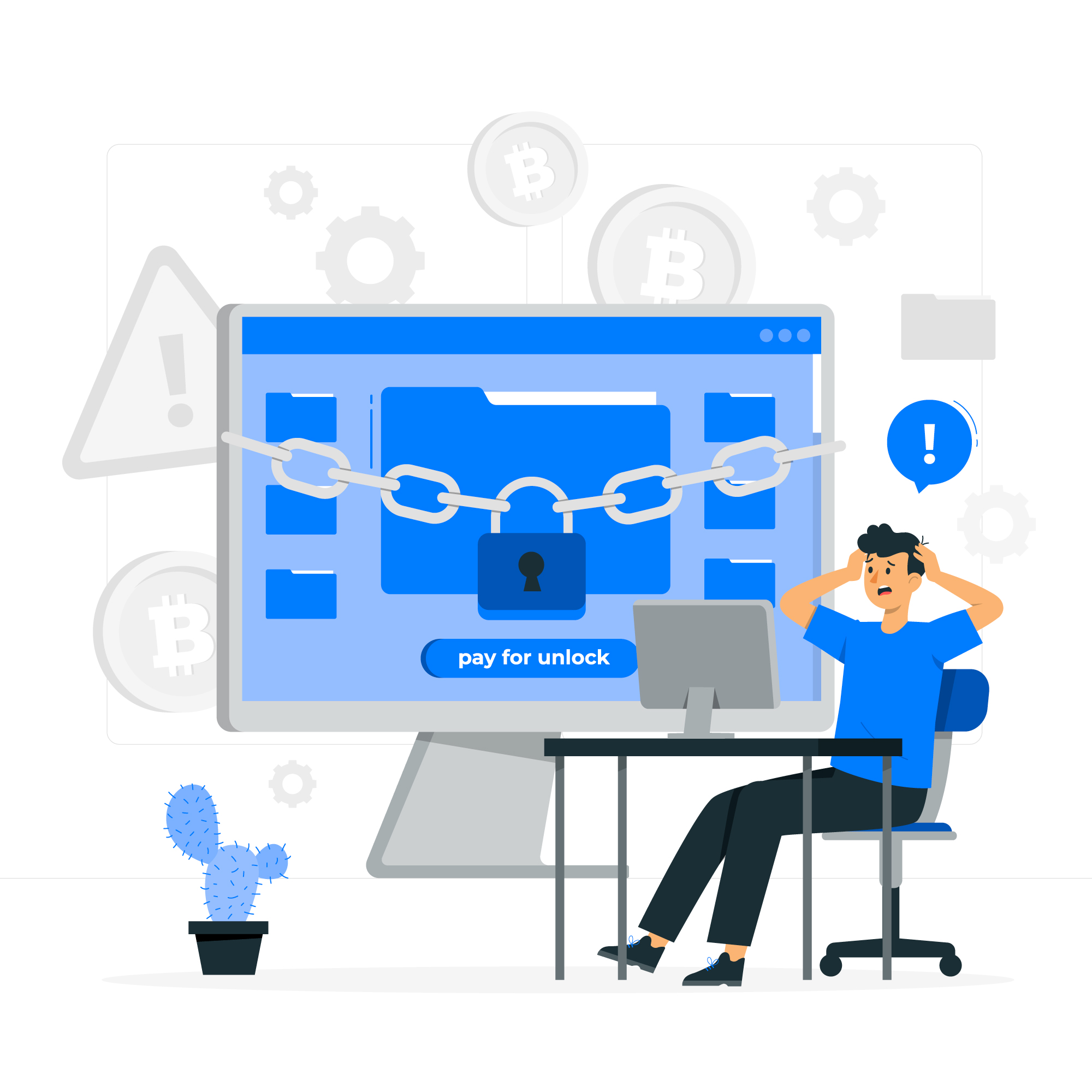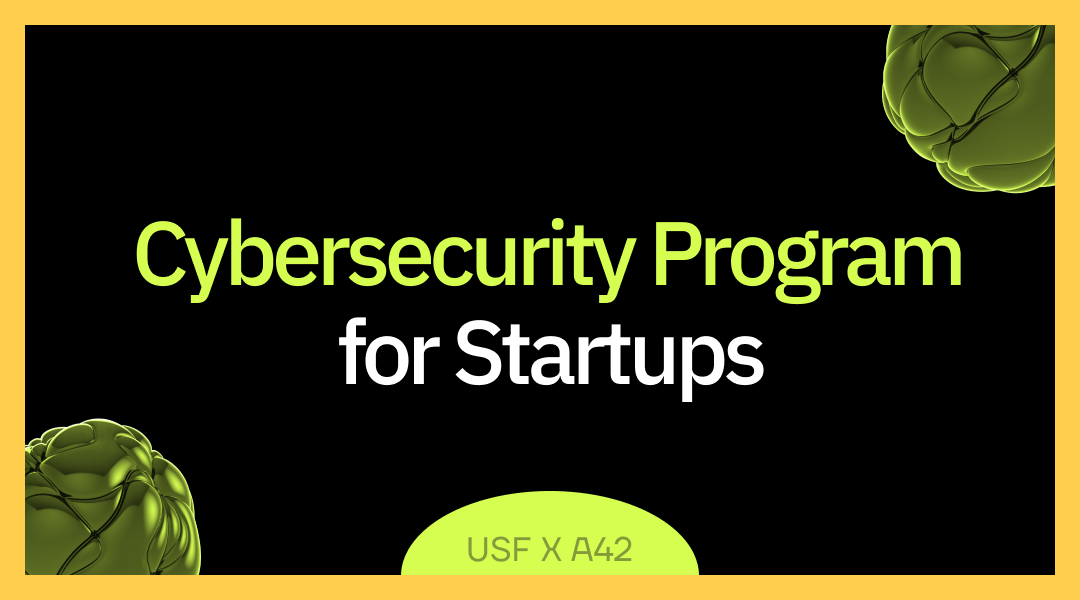
As businesses increasingly migrate to the cloud, the benefits are clear: scalability, flexibility, and cost savings. However, with great power comes great responsibility, and the security challenges of cloud environments are becoming more complex than ever.
Traditional penetration testing, while valuable, often falls short in the dynamic and ever-changing landscape of cloud infrastructures. This is where continuous penetration testing steps in, offering a proactive approach to safeguarding your assets.
The Dynamic Nature of Cloud Security.
Cloud infrastructures are not static; they evolve rapidly with frequent updates, new integrations, and configuration changes. Each change, while essential for business operations, introduces potential vulnerabilities. Traditional penetration testing, conducted annually or semi-annually, may leave significant gaps, allowing threats to exploit weaknesses before they are detected.
Continuous penetration testing ensures that every update, configuration change, and new deployment is scrutinized for vulnerabilities in real time. By adopting this proactive approach, businesses can stay ahead of attackers who are constantly scanning for entry points.
What Are Common Threats in Cloud Computing?
Cloud computing environments face a wide range of threats that can compromise security and disrupt operations. Some of the most common threats include:
1. Misconfigured Cloud Services: Simple mistakes in configuration can expose sensitive data to the public internet.
2. Data Breaches: Unauthorized access to sensitive information stored in the cloud remains a top concern.
3. Insider Threats: Employees or contractors with access to cloud environments may intentionally or accidentally cause harm.
4. Insecure APIs: Poorly secured APIs can serve as entry points for attackers to exploit vulnerabilities.
5. Account Hijacking: Weak or stolen credentials can lead to unauthorized access and control of cloud resources.
Addressing these threats requires a comprehensive approach to security, including continuous monitoring and testing.
Benefits of Continuous Penetration Testing.
Continuous penetration testing offers a robust framework for identifying and addressing vulnerabilities in real time. Unlike traditional testing methods, it provides ongoing insights into your system's security posture, ensuring vulnerabilities are addressed promptly. By implementing this approach, organizations can achieve:
▪️Real-Time Threat Detection.
Continuous testing identifies vulnerabilities as they appear, minimizing the window of opportunity for attackers.
▪️Adaptability to Evolving Threats.
Cyber threats are constantly changing. Continuous testing helps organizations adapt their defenses to counter new attack vectors.
▪️Regulatory Compliance.
Many industries require frequent security assessments. Continuous penetration testing simplifies compliance by providing up-to-date security reports.
▪️Cost Efficiency.
By identifying vulnerabilities early, businesses can address issues before they escalate, saving costs associated with breaches and downtime.
How Continuous Penetration Testing Works.
Continuous penetration testing leverages a combination of automated tools and manual expertise. Automated systems provide round-the-clock scanning and immediate alerts, while security professionals conduct in-depth analysis to uncover complex vulnerabilities that automated tools might miss. This hybrid approach ensures comprehensive protection without compromising the speed and agility of cloud operations.
Don’t Let Vulnerabilities Go Undetected.
The stakes are too high to rely on outdated security practices. A single vulnerability can lead to data breaches, financial losses, and reputational damage. Continuous penetration testing is not just a security measure; it’s a business enabler that ensures your cloud infrastructure remains resilient and trustworthy.
Contact us by providing your email address and the domain you want to test to receive a free consultation and a list of services for your first security assessment. If no vulnerabilities are found, you will receive a "Verified by A42" certificate. If critical vulnerabilities are identified, we will provide a detailed report and recommend further actions.
Email: [email protected]




